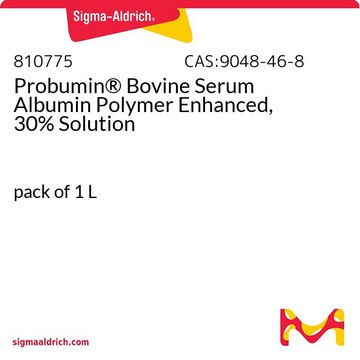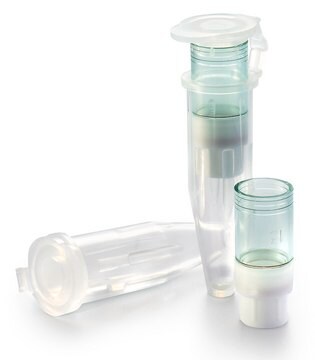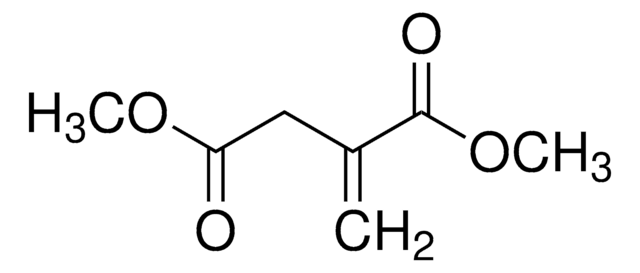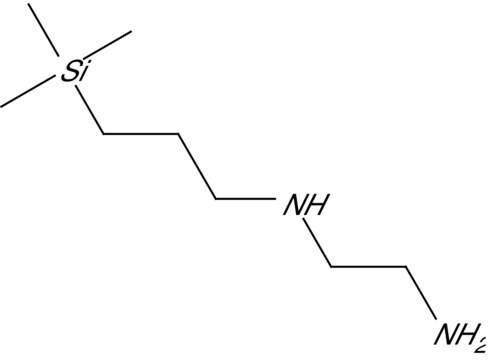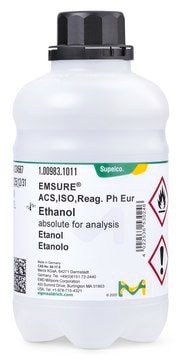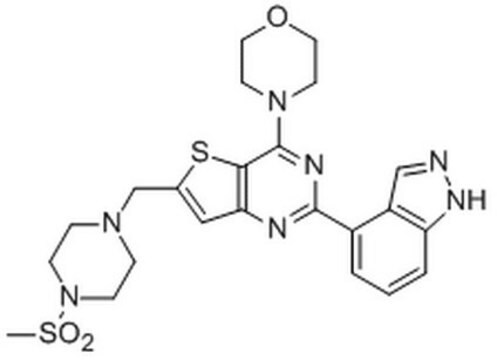54217-U
Tubo de SPE Supelclean™ ENVI-Carb™ II/ PSA
bed A 500 mg (Supelclean™ ENVI-Carb-II SPE), bed B 500 mg (Supelclean™ PSA SPE), volume 20 mL, pk of 20
Sinónimos:
Carbon/PSA SPE cartidge, 20 mL
About This Item
Productos recomendados
Materiales
PE frit (20 μm porosity)
polypropylene hardware
Nivel de calidad
composición
bed A, 500 mg (Supelclean™
ENVI-Carb-II SPE)
bed B, 500 mg (Supelclean™
PSA SPE)
envase
pk of 20
técnicas
solid phase extraction (SPE): suitable
volumen
20 mL
grupo activo de la matriz
PSA phase
carbon phase
aplicaciones
food and beverages
técnica de separación
ion exchange
reversed phase
¿Está buscando productos similares? Visita Guía de comparación de productos
Descripción general
Sample Matrix Compatibility: Organic or aqueous solutions
- Dual layer SPE tube that contains both Supelclean ENVI-Carb (upper layer) & PSA (lower layer) SPE sorbents (separated by PE frit)
- Developed to offer superior clean up when conducting multi-residue pesticide analysis from food (e.g. agricultural products, meats, etc.).
- ENVI-carb has a strong affinity towards planar molecules, and can isolate/remove pigments (e.g., chlorophyll and carotinoids) and sterols commonly present in foods and natural products
- Supelclean PSA has a strong affinity and high capacity for fatty acids, organic acids, and some polar pigments and sugars
- Tested for superior cleanliness using GC-FID and GC-MS
Información legal
Palabra de señalización
Danger
Frases de peligro
Consejos de prudencia
Clasificaciones de peligro
Eye Dam. 1 - Skin Sens. 1 - STOT RE 2 Inhalation
Órganos de actuación
respiratory tract irritation
Código de clase de almacenamiento
11 - Combustible Solids
Clase de riesgo para el agua (WGK)
WGK 1
Punto de inflamabilidad (°F)
Not applicable
Punto de inflamabilidad (°C)
Not applicable
Elija entre una de las versiones más recientes:
¿Ya tiene este producto?
Encuentre la documentación para los productos que ha comprado recientemente en la Biblioteca de documentos.
Artículos
SPE retention mechanism in this case is based on the electrostatic attraction of charged functional groups of the analyte(s) to oppositely charged functional groups on the sorbent.
Reversed-phase interaction will retain most molecules with hydrophobic character; it is very useful for extracting analytes that are very diverse in structure within the same sample.
Protocolos
Retention occurs through polar interaction between the sorbent and analytes. Typical sample matrices that can be employed in normal-phase SPE include hydrocarbon or fatty oils diluted in a solvent like hexane, isooctane, chlorinated solvent, THF, diethyl ether, or ethyl acetate.
Nuestro equipo de científicos tiene experiencia en todas las áreas de investigación: Ciencias de la vida, Ciencia de los materiales, Síntesis química, Cromatografía, Analítica y muchas otras.
Póngase en contacto con el Servicio técnico

